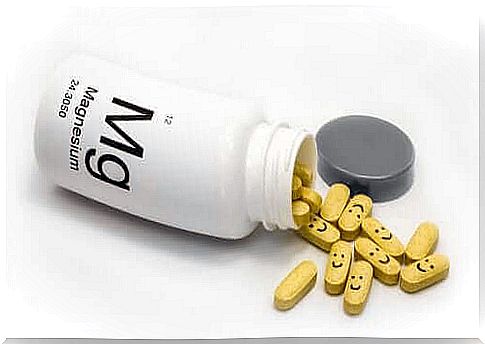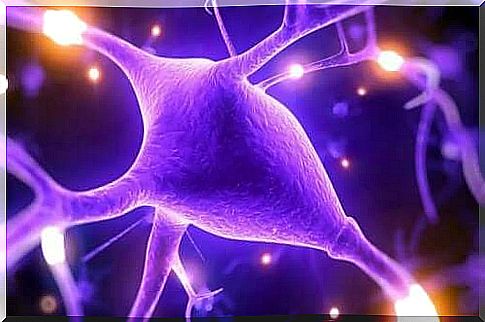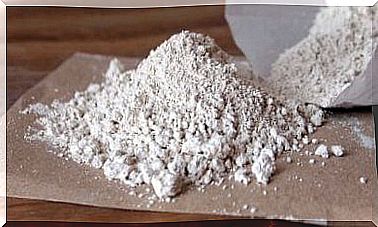Hypermagnesaemia: High Magnesium Levels In The Blood

Hypermagnesemia occurs when there is too high a concentration of magnesium in the blood. The normal value of this element in an adult is 0.65 to 1.05 mmol/L. Doctors diagnose someone with this condition when it exceeds the above range in lab tests.
Hypermagnesemia means that there is a hydroelectrolytic imbalance in the body. Magnesium is one of the electrolytes in the body. The purpose of an electrolyte is to produce an electrical charge when it dissolves in the body fluids. However, most of the magnesium in the body has no electrical charge.
Hypermagnesemia is in most cases a rare condition associated with kidney problems. Most cases therefore occur in people with kidney failure.
Magnesium in the body

Magnesium is a fundamental element for all living things. It is a mineral nutrient that is essential for life. It is present in all cells of the body and plays a significant role in their balance and proper functioning.
There are over 300 enzymes that require magnesium to perform some of its most important functions. Basically, the cells regulate the flow of magnesium. From there, the said element activates and inhibits various biochemical reactions in the body.
Keeping magnesium levels normal is essential for human health. A shortage or excess of this element can therefore lead to problems with the heart and central nervous system. Therefore, hypermagnesemia is a delicate condition that can have serious negative consequences.
Causes of Hypermagnesemia
The kidneys are the organs responsible for the excretion of magnesium. So, any abnormal condition or damage to those organs can lead to hypermagnesemia. The main causes of this are:
- Renal insufficiency is the most common cause of hypermagnesemia, and renal failure prevents magnesium from being excreted normally.
- The excessive use of certain substances, such as laxatives, antacids or some dietary supplements.
- Certain chemotherapy treatments that can lead to tumor lysis syndrome. This, in turn, causes magnesium levels to increase.
- Severe, extensive burns.
- Other chronic conditions such as hypothyroidism and Addison’s disease.
Symptoms and Diagnosis

Doctors use blood tests to diagnose hypermagnesemia. There are usually no recognizable symptoms when magnesium levels are only slightly elevated. However, if magnesium levels continue to rise, the following symptoms are likely to occur:
- muscle weakness
- vomiting and nausea
- headache
- irregular or slow heartbeat
- hot face and redness
- drowsiness
- dizziness and/or fainting
- slow reflexes
- slow breathing
muscle paralysis
If a person with hypermagnesaemia falls asleep and cannot be woken easily, or if he or she has difficulty moving his or her arms and legs, you should take him or her to the hospital right away.
You should also contact your doctor as soon as possible if breathing and heart rate become slow. The same is true if they are drowsy and experiencing muscle weakness.
Treatment for hypermagnesemia
How high blood magnesium levels will be treated depends entirely on what is causing it. People with renal insufficiency, the most affected group, must follow strict medical monitoring when it comes to the medication they take. They should monitor their general health closely. In these cases, dialysis is usually required.
Kidney dialysis is a treatment that helps the kidneys remove certain chemicals and wastes from the blood. This is especially true when the kidneys cannot perform this function on their own.
There are cases when dialysis is not necessary and pharmacological treatment is enough to correct the situation. Usually, a doctor will prescribe calcium gluconate or diuretics for this condition. Patients must strictly adhere to this.
- It is not a good idea to use laxatives and magnesium-containing antacids.
- Also, someone prone to constipation should regulate it through a balanced diet, which is rich in fiber.
You should always consult your doctor about the medicines you are taking, even if you bought them at the drugstore. Also, you should only take supplements that contain magnesium under medical supervision. As always, keep all medicines out of the reach of children.









